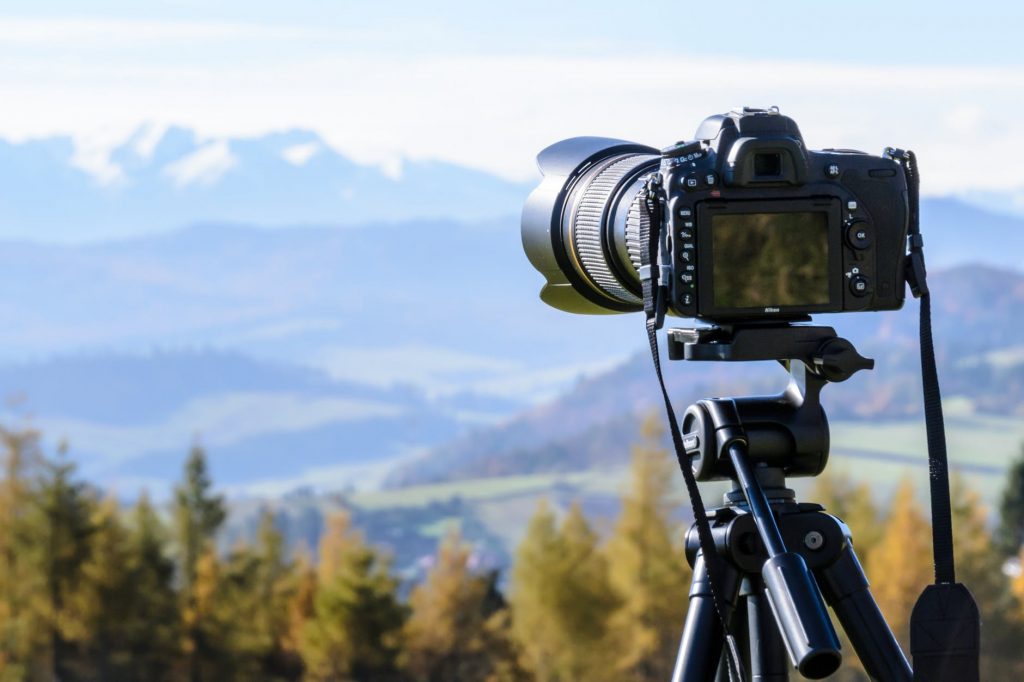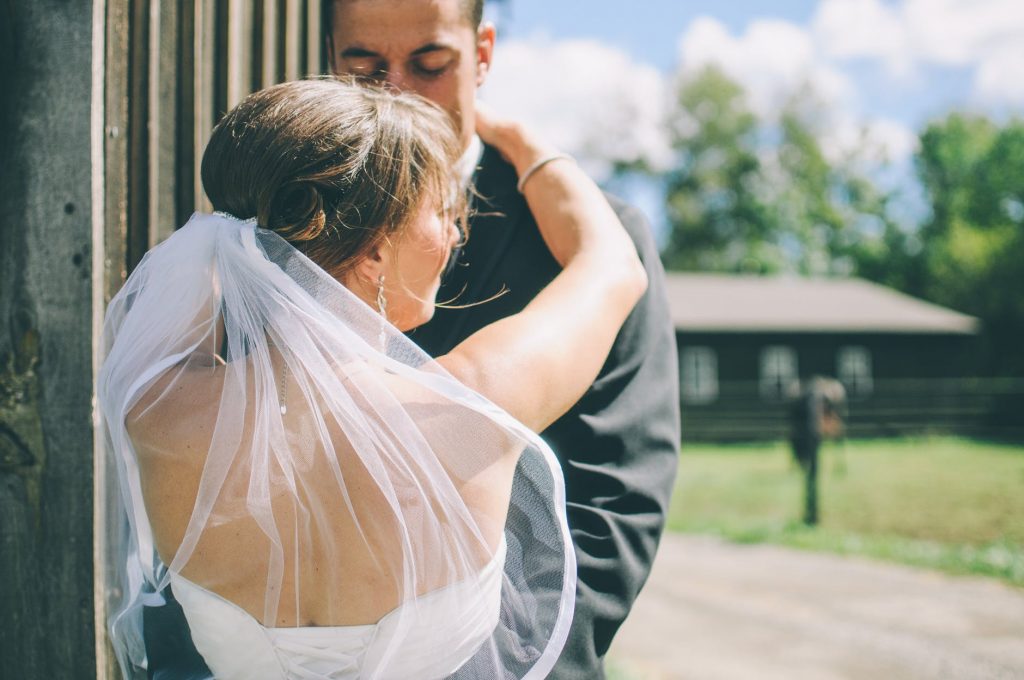Transitioning from a hobbyist photographer to starting a business is a big step and if you have had little experience running a business, it can be intimidating. Whether you are wanting to become a natural wedding photographer based in Melbourne or a jet-setting stage photographer, we all need a solid business base. Here are a few pointers to consider when launching your photography business to get you off to a great start.
1. How Your Business Will Operate? You will find several ways a company can function. Are you going to function as a sole trader? Are you going to set an organisation? In Australia, the simplest way to start out is as a sole trader. As your business grows you can seek to expand into a larger enterprise with the help of an accountant who can help you decide the best business structure for you.
2. Register Your Small Business. Once you’ve determined how your company will function you want to enrol your enterprise. Again, this practice differs in various nations. Here in Australia, you must acquire an ABN number. If you’d like assistance an accountant will have the ability to help in completing and understanding this procedure.
3. Insurance. Now that you’re in business you’ll want to find proper insurance to safeguard your company in case of something going wrong. Your photography gear might have been covered under your contents coverage. Now that you’re using it for business purposes it’s not likely to be insured by your national policy. Ensuring it under a commercial coverage is the response. And above all, you’ll need Public Liability Insurance. Here in Australia, it’s available for only a couple of hundred dollars each year from some of the significant insurance firms or through an insurance agent.
4. Bank Account. You’ll require another bank accounts for your organisation. This retains the companies banking different from your personal ones. It is usually simple to set up a business account if you already have a personal one, banks may charge a small fee however it is quite straightforward.
5. Online Presence. Having an internet presence is an integral business tool. Having a professionally designed website to showcase your work and attract customers is imperative. Think about the style of your business and the brand building impact that your online presence will have. You need to set up proper analytics and social media as well I order to really have a presence on the market and drive customers to your website.
6. Marketing Materials. I’m avoiding entering the subject of producing clients here. Let us just say that if you’re starting out it’s handy to get some very simple marketing materials to assist with your business branding, such as business cards, letterhead, envelopes and note paper. It adds to your credibility and will present you a lot more professionally than an enthusiast who only includes a camera and a grin.
7. Contracts. Contracts are crucial in the photography industry. They summarise the arrangement between you and your customer. Ensure that your contract covers exactly what components will be given, who owns copyright, and problems with releases. It is comforting to have an agreement in writing and have it there to back you up in case any legal issues arise.

8. Invoicing System. Beginning in business means you’re planning to get compensated for your job. To achieve this you will need an invoicing system set up. Don’t be afraid of basic accounting software or online systems, the less paperwork, the less fuss. The last thing you want is mountains of paperwork and paper invoices to shuffle through.
9. Understand Expenses. Once you begin a business, knowing the earnings side of your company is simple, it’s the sum of money your customers are paying your small business. Knowing expenses is somewhat more complicated, just because a few of your own personal expenses will be tax deductible expenses to your enterprise. By way of instance, if you’re driving your own car to photograph weddings, then the mileage you’re performing in your car or truck could be maintained as a business expense. It’s worthwhile speaking to an accountant regarding company expenditures.
10. Learn. Gaining knowledge from people who have been there before. There’s currently a fantastic selection of business photography publications accessible which include inspiration and advice. Learning from industry leaders will show you what to do and what not to do. In the end, it is about having something different to offer and building loyal customers and referrals.
Remember that getting started in business is intricate but with the right support, you should not feel overwhelmed. Hopefully, these tips were somewhat helpful and have assisted you in the planning and carrying out of your photography business and you becoming the best wedding photographer you can be and reaching your goals.


